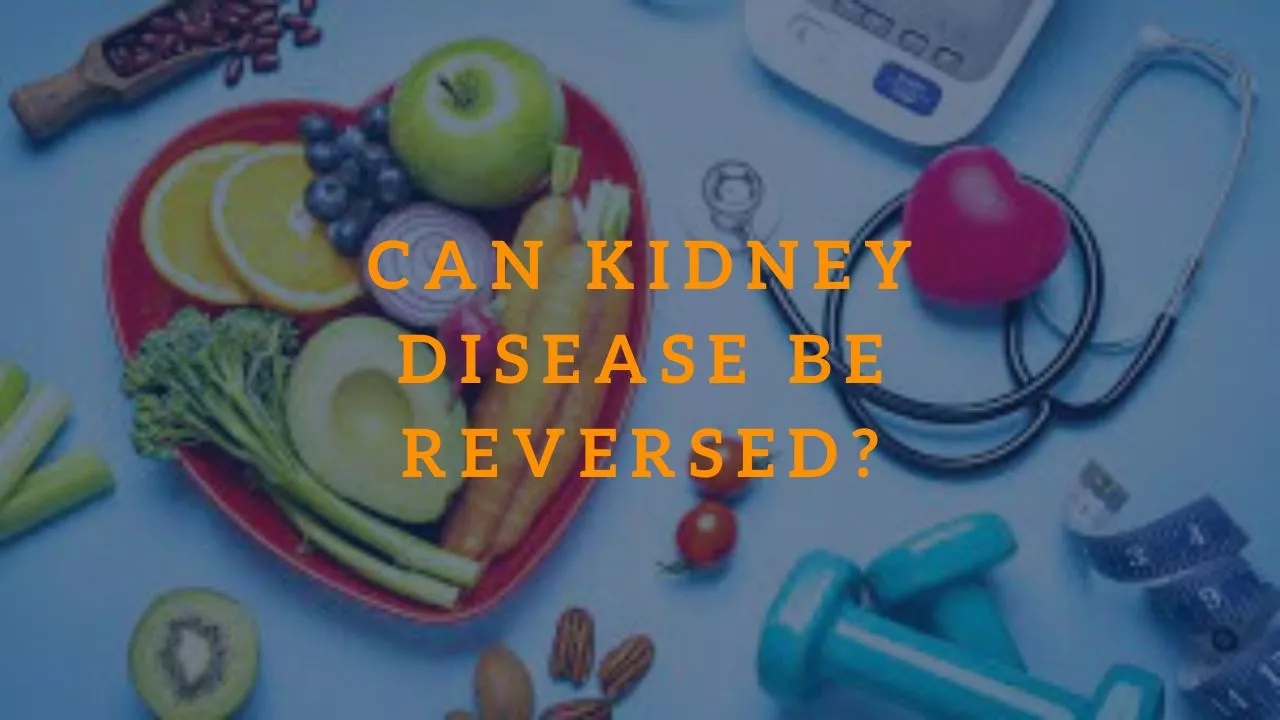Hello 1-GSM Visitors! Kidney disease is a common health problem that affects millions of people worldwide. It occurs when the kidneys are damaged and can no longer filter waste products from the blood efficiently. While kidney disease can be managed with medications and lifestyle changes, many people wonder if it’s possible to reverse the damage. In this article, we’ll explore this question and look at what medical experts have to say about kidney disease reversal.

What Causes Kidney Disease?
Before we delve into whether kidney disease can be reversed, it’s important to understand what causes it. The most common causes of kidney disease are high blood pressure and diabetes. Other factors that can lead to kidney damage include obesity, smoking, family history of kidney problems, and certain medications.
Can Kidney Disease be Reversed?
The short answer is that it depends on the underlying cause of the kidney disease. In some cases, such as acute kidney injury caused by a temporary problem like dehydration or medication side effects, the condition may be reversible with prompt treatment. However, in most cases of chronic kidney disease, the damage is irreversible and can only be managed with medications and lifestyle changes.
Managing Kidney Disease
While kidney disease may not be reversible, it can be managed effectively with the right treatment plan. This often involves controlling underlying conditions like high blood pressure and diabetes, as well as making lifestyle changes like eating a healthy diet, exercising regularly, and quitting smoking. In some cases, medications like ACE inhibitors or ARBs may be prescribed to protect the kidneys and slow the progression of the disease.
Kidney Transplantation
In some cases of end-stage kidney disease, when the kidneys have failed completely, the only option may be a kidney transplant. This involves replacing the damaged kidney with a healthy one from a donor, either from a living or deceased donor. While a kidney transplant is a major surgery and requires lifelong immunosuppressive medications, it can significantly improve the quality of life for people with kidney disease.
Alternative Therapies
There are many alternative therapies that claim to be able to reverse kidney disease, such as herbal supplements, acupuncture, and dietary changes. However, there is little scientific evidence to support these claims, and some of these therapies may even be harmful. It’s important to consult with a medical professional before trying any alternative therapies for kidney disease.
Preventing Kidney Disease
While kidney disease may not always be reversible, it’s often preventable with the right lifestyle choices. This includes eating a healthy diet, exercising regularly, maintaining a healthy weight, quitting smoking, and managing underlying conditions like high blood pressure and diabetes. Regular check-ups with a healthcare provider can also help catch kidney disease early before it progresses too far.
Conclusion
In conclusion, while kidney disease may not always be reversible, it can be managed effectively with the right treatment plan. It’s important to work with a healthcare provider to develop a personalized treatment plan that addresses your specific needs and goals. By making lifestyle changes and taking medications as prescribed, you can slow the progression of kidney disease and maintain a good quality of life. Remember to always consult with a medical professional before trying any alternative therapies or making significant changes to your treatment plan.
Thank you for reading! We hope you found this article informative and helpful. See you again at our other interesting article.
